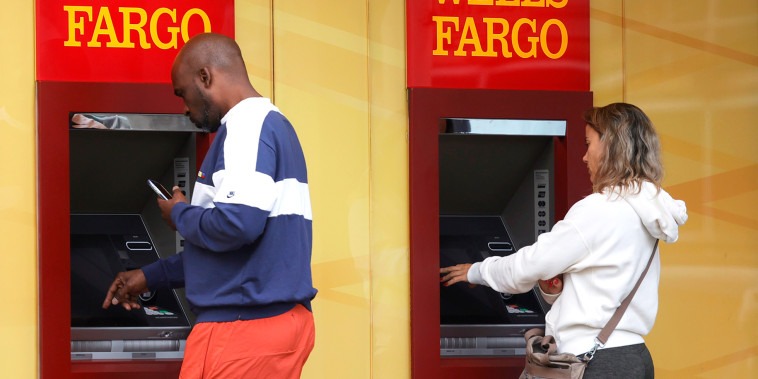
Biden’s Team Unveils Radical Revisions to Overdraft Fees for Major Banks
The Biden administration recently announced its intention to revamp the rules governing overdraft fees charged by large banks, a move aimed at protecting average consumers who are often hit hardest by these unexpected charges. These proposed changes underscore the administration’s dedication to creating a more equitable financial landscape in which everyday Americans aren’t penalized for minor banking missteps. This new discourse brings about a renewed focus on issues of fairness, integrity, and transparency in banking operations, signaling a significant shift in the regulatory approach towards overdraft fees.
Overdraft fees are costs levied by banks when customers spend or withdraw more money than is available in their checking accounts. Traditionally, these fees have represented a major revenue stream for large banks. However, the charges have been widely criticized for overwhelmingly affecting lower-income individuals and households living paycheck to paycheck. The Biden administration’s proposed changes are thus seen as efforts to address and correct this imbalance. The administration is pitching the narrative of financial inclusivity and protection to the American public, which is often left battered by unexpected and often inexplicable bank expenses.
The main premise of the proposed changes circles around transparency and customer control. Among the gamut of proposed changes, banks might be required to be upfront about overdraft fees at the point of transaction, giving consumers an opportunity to opt-out of the transaction if they wish. Moreover, there could be potential limitations on how many times banks can charge overdraft fees on single transaction days, and there may be rules demanding high-to-low reordering of transactions to minimize multiple overdraft fees.
Such measures seem to be a nod towards tackling the issue of ‘frequent overdrafters’ – customers who frequently go into the red and bear the brunt of recurrent overdraft charges. The proposed changes could make a huge difference for these customers, safeguarding them from what many refer to as the ‘poverty penalty’.
Bank institutions are likely to push back against the plan, given the substantial income that overdraft and non-sufficient funds fees represent. These fees provide gigantic earnings for the banks, even amidst the economic turbulence of the pandemic. Stricter regulatory controls on how and when these charges can be levied could dent their profits, leading to apprehensions and resistances from the banking sphere.
However, the Biden administration is making it clear that the obligation to safeguard citizen interests is paramount. The proposed changes would possibly allow millions of Americans to break free from the vicious cycle of overdraft fees, that for many, are an unavoidable consequence of banking.
The fine print of
